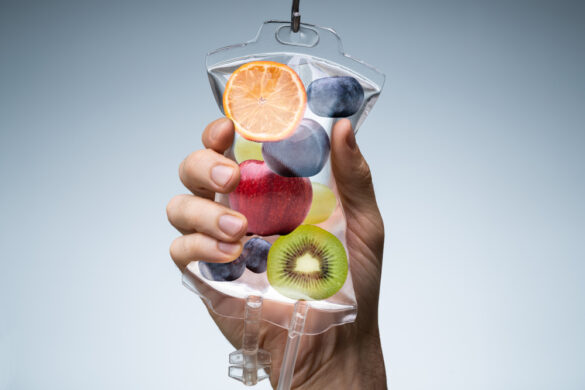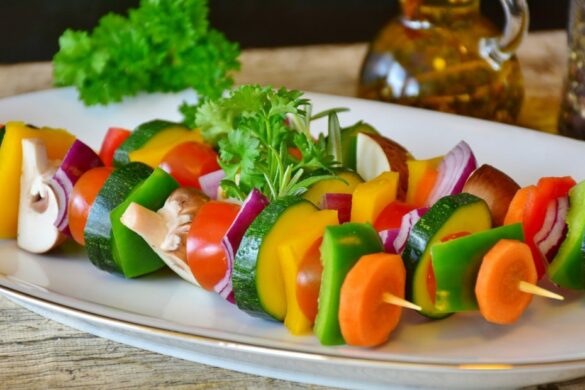Your Sports Nutrition Guide
If eating well is essential for anyone who cares about their health, practising an intense and regular physical activity requires to give more attention to eating habits.
We have written a large number of articles on the subject which you will find in the seven categories below: food supplements, foods, sports diets, nutrients, dietary recipes, objectives and basics in sports nutrition.
Don't forget to consult a sports physician to guide you in your diet, exercise, help you calculate your basal metabolic rate and understand how energy production works in your body.
01 DIETARY SUPPLEMENTS
If you already eat a healthy diet but find it difficult to stick to it, food supplements and energy drinks can be a great solution for you.
They can help you increase your calorie intake, especially when consumed between meals, and avoid deficiency of certain micronutrients such as vitamin B12 for vegans.
They can allow you to have concrete results more quickly in certain cases, provided of course that they are used as a complement (and not a substitute) to a natural, varied and balanced diet. Which supplements should you consider according to your physical activity and what are the risks associated with taking certain supplements? We will tell you all about it in this section.
02 THE NUTRITION BASICS
Knowing the basics of nutrition will help you optimise your sports performance, help your body function properly and provide you with the energy you need for each training period.
The articles below will help you calculate your calorie expenditure and intake, understand the importance of glycaemic index and glycaemic load, amplify the effects of each training session through dietary periodisation (glycogen storage), learn how to boost your basal metabolic rate, and be aware of how micronutrients affect your immune system. We'll tell you all about it in this section.03
03 THE DIFFERENTS DIETS
Diets are a type of nutrition with basic principles that can be religious, ideological or nutritional and can be temporary (to achieve a specific goal) or permanent.
Nutritional choice diets are becoming increasingly popular and more numerous. However, it is important not to abuse temporary diets, which are sometimes hard to keep and in some cases can even be harmful to your health.
They can nevertheless help you to change certain eating habits in the long term and enable you to achieve your goals more quickly in the short term.
04 DIETING TO YOUR GOALS
Defining your sporting objectives is the first step towards success.
Discover Nutrition according to your goals.
05 NUTRIENTS
Nutrients are present in all the foods we eat and are essential to our bodies. Here we will help you understand the difference between macronutrients (fats, carbohydrates and proteins) and micronutrients (vitamins and minerals), the importance of a good ratio of macronutrients on energy production and what each micronutrient can give you.
06 HEALTHY EATING
Tips on healthy and nutritious eating, this article will bring together all the best foods, superfoods, and other products beneficial to health. It is important to remember that wellness comes from the plate and that to stay healthy it is important to adopt a healthy and well-balanced diet.But that's not all! In order to progress in training, and to reach your sporting objectives quickly, good nutrition is also necessary.







